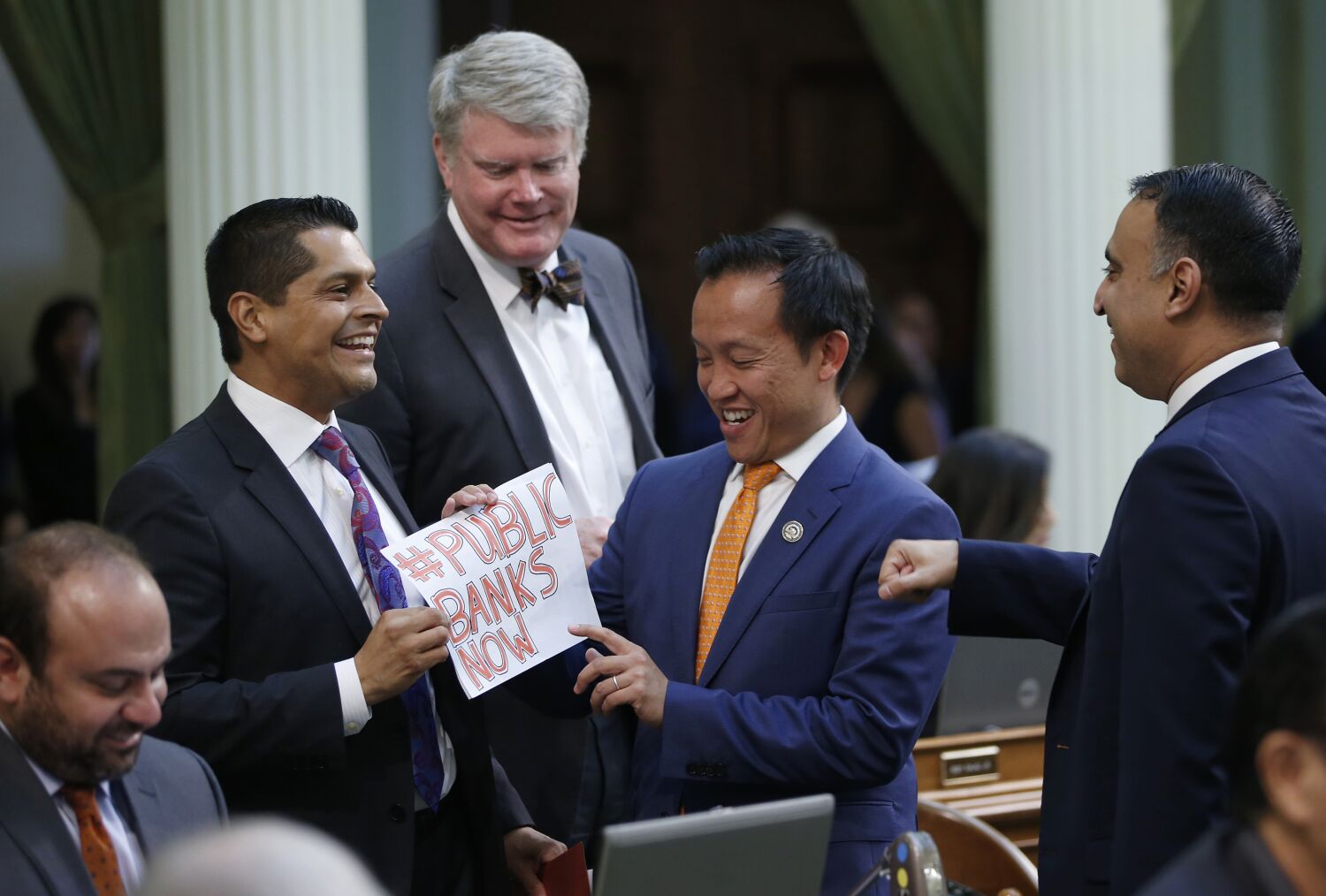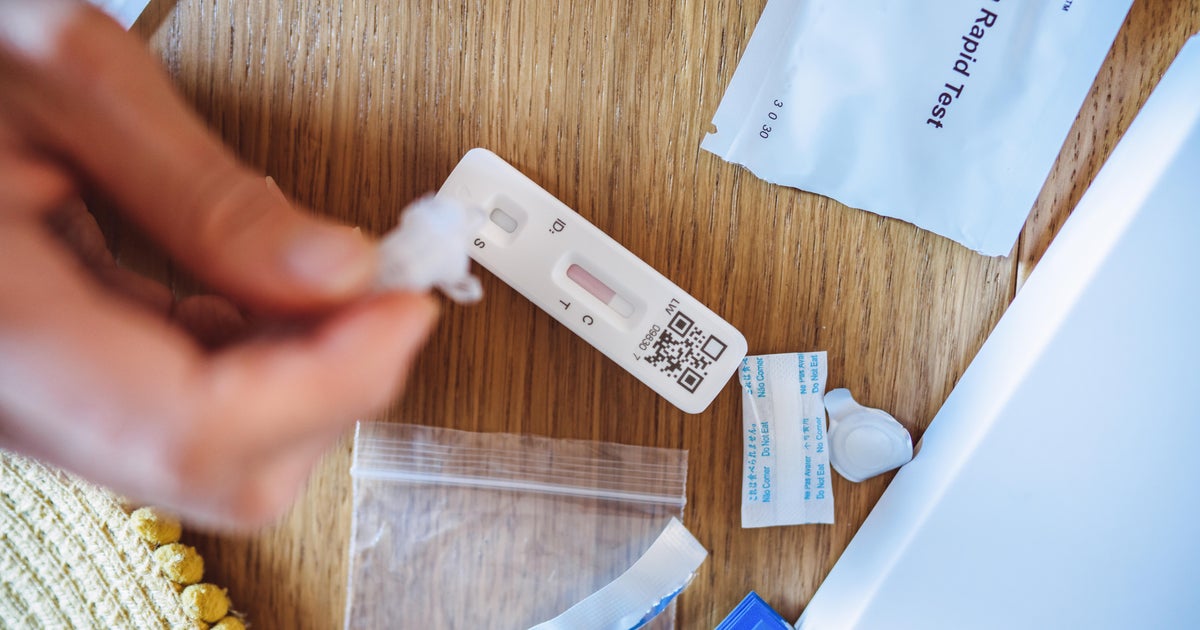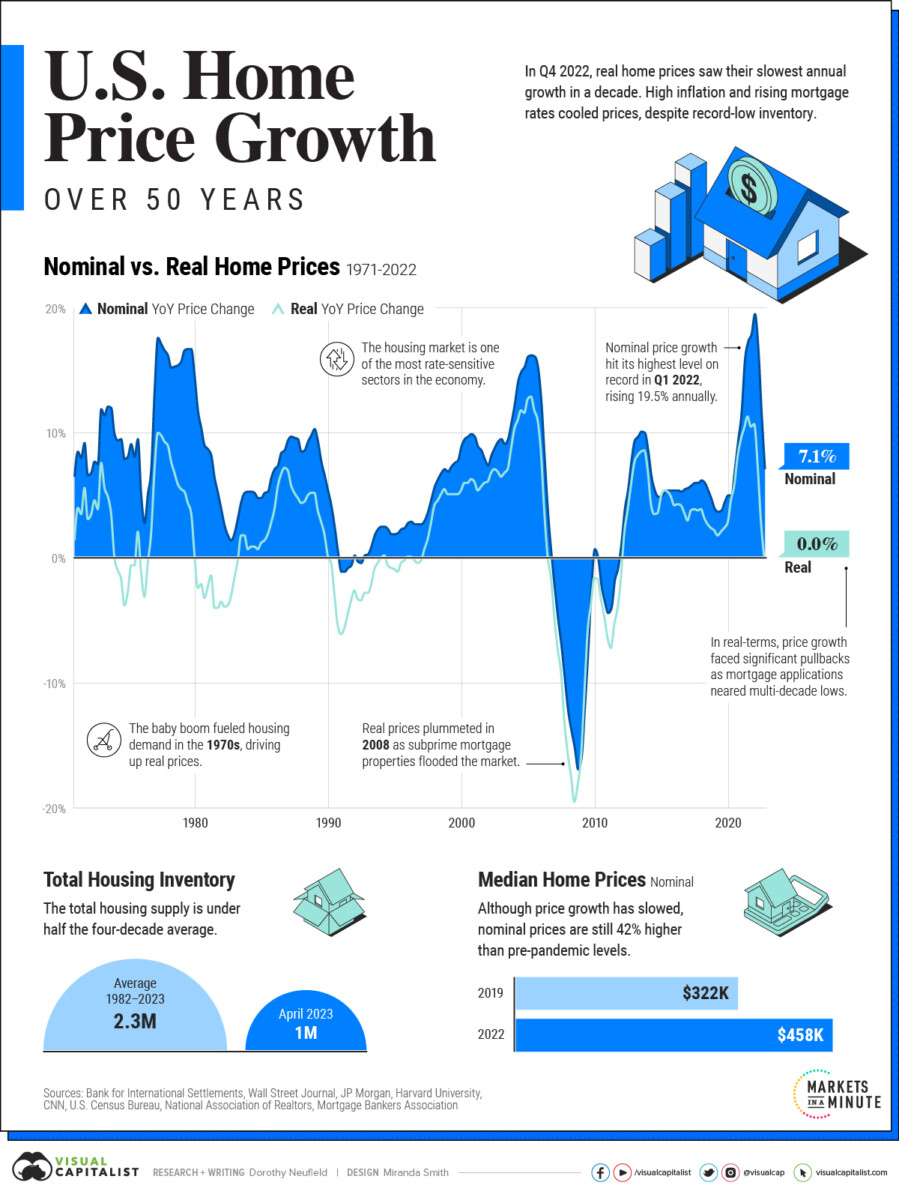[ad_1]

Los Angeles is taking another step toward opening a city-owned public bank that would support projects driven by public interest.
The City Council voted last week to fund a feasibility study for the bank after advocates argued it would do better than private banks to serve Black and Latino communities, small businesses, green energy initiatives and affordable housing projects.
The move was the council’s first financial investment in the long process toward launching the bank.
The idea of a public bank has floated around the City Council for several years. In 2018, voters rejected a proposal that would have amended the city charter to allow the bank’s formation. One year later, Gov. Gavin Newsom signed a state law that allows all cities and counties to establish public banks, putting the idea back on the table in Los Angeles.
The City Council voted in October 2021 to study the viability of forming a city-owned bank and to create a business plan for doing so. In the following months, the council searched for a consultant to do a feasibility study. With new political leadership and support from a number of community organizations, the city is now preparing to devote $460,000 toward the study’s first phase.
A public bank’s decisions would be driven by the needs of Los Angeles communities rather than private shareholders, advocates say, leading to investments in projects and people normally disregarded by Wall Street.
Corporate banks “don’t give back to our community,” said Gisele Mata, an organizer at the Alliance of Californians for Community Empowerment (ACCE) Action. “In fact, they just take. We have no way to move our communities out of predatory lending unless we create our own, because banks do not operate in a way that gives back to their communities.”
Opponents worry about political influence and question the city’s capability to oversee the operation of a financial institution.
Glenn Bailey from the Los Angeles Neighborhood Council Coalition is open-minded to the idea of a public bank, but worries about interference from City Council members, especially given recent corruption charges. He also questions the council’s decision to push through the effort despite the rejection from voters.
Cities including San Francisco, Oakland and Philadelphia have also initiated processes to start public banks. Over a century ago, North Dakota established the nation’s only state-owned bank, which primarily funds farmers and small businesses.
“The power of the people’s money in Los Angeles — which has been largely abrogated to the big banks — can get reclaimed for democratic control and benefit of the people of Los Angeles,” said Walt McRee of the Public Banking Institute.
Advocates of a public bank say that partnering with local financial institutions could create opportunities for affordable housing, green energy and wealth creation in Los Angeles that private banks overlook.
In May, the Jain Family Institute and the Berggruen Institute released the final part of a report laying out what a public bank could look like, how it might benefit L.A., and what its limitations might be. The study has garnered attention from advocates and council members, who have become more open to the idea.
In the report, JFI-Berggruen suggests initiatives through a public bank could build or preserve over 17,000 affordable housing units in Los Angeles within 10 years.
The report describes how a public bank could assist with construction loans, convert multifamily housing into affordable housing stock, provide mortgage assistance, and create accessory dwelling units.
Additionally, the public bank could set up a fund to purchase existing affordable housing before private developers swoop in and convert units into more upscale homes.
Mata from ACCE believes a public bank would reduce wrongful foreclosures, predatory lending and unchecked fees.
“The reason why we’re in such a housing crisis is because corporations became landlords,” Mata said.
Trinity Tran, the co-founder of Public Bank LA, a volunteer initiative that advocates for creating a public bank, notes that Los Angeles spends enormous sums of money on debt and middlemen to corporate banks. Using the controller’s 2022 report, Public Bank LA estimated that Los Angeles pays $621 million in debt services and middleman fees. A public bank could redirect those funds toward social projects and “simplify the complex web of affordable housing finance.”
Low-income communities of color would especially benefit from a public bank, advocates say. A public bank could offer lower-cost debt and free banking for low-income communities. It could find alternative ways to score credit, said Yakov Feygin from the Berggruen Institute. And it could help employees purchase small businesses from retiring owners to prevent outside buyers from taking over. This would increase job stability and wealth creation.
“Regulation in the current financial system doesn’t create enough of an incentive for banks to serve the needs of low-income communities of color,” Tran said. “A public bank will be designed with the mandate to make targeted wealth to communities that are neglected by Wall Street.”
Many people are skeptical. While opponents acknowledge that the goals for a public bank sound noble, they question the city’s ability to open and operate a complex financial institution.
Jack Humphreville, a former investment banker and former co-chair of Los Angeles Budget Advocates, said that other city programs should finance social projects, not banks.
“Loans are not grants,” he said. “They have to be repaid.”
By investing in big, longer-term projects, Humpreville worries that a public bank would not have enough money for the short-term needs of depositors. Banks are “enterprises” that require sophisticated technology and management, and Humphreville doubts the city’s ability to pick competent contractors.
“Articles just talk about the bank as being a social cause, or a political cause as opposed to having anything to do with banking,” he said.
Advocates and opponents agree on one point: If the bank comes to fruition, hiring the right people is critical.
“Having this thing run by competent professionals, and actually to be a bit hands off of City Council, I think is really important,” Feygin said.
With the public bank, customers can take out loans for specified activities, but they cannot set up savings or checking accounts as in a retail bank. Instead, deposits would come from the city, as well as pension funds and green mutual funds.
“A local government like the city of L.A. can then borrow directly from a public bank without the need for expensive, private Wall Street middlemen,” Tran said.
To ease the startup process, the city would probably set up a municipal finance corporation that manages public funds and loans but cannot take deposits as a public bank can. Once the municipal finance corporation shows it can manage funds, it would transition into a public bank.
Nick Barnes-Batista, a spokesperson for Councilmember Hugo Soto-Martínez, said a municipal finance corporation is easier to set up and would accelerate the arrival of benefits from a public bank.
In the coming months, the council’s Budget and Finance Committee will identify funding for the study to determine the next steps for setting up the bank.
“The next step has to include the public,” Soto-Martínez, who has been a vocal supporter of a public bank, told The Times. “We have to have as broad support for this as possible.”
[ad_2]
Source link




















